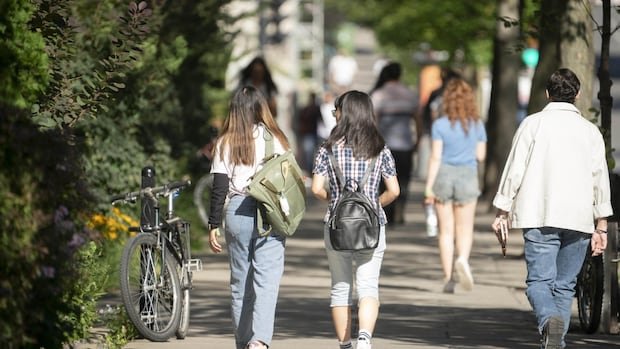In the first half of this year, the number of international student permits granted in Canada significantly decreased by nearly 90,000 compared to the same period last year. This decline followed the implementation of a cap on international student visas by the federal government earlier in 2024.
From January to June 2024, Canada issued 125,034 international study permits. However, during the same period this year, the number dropped to 36,417, as confirmed by Immigration, Refugees and Citizenship Canada (IRCC) to CBC News. IRCC provided data for the first six months of both 2024 and 2025.
Not only did the number of permits decrease, but there was also a notable drop in the number of applications for international student visas. In the first half of 2025, the department received 302,795 applications, a decrease from 398,675 in the first half of 2024 and 575,535 in the first half of 2023.
Laura Blondeau, a spokesperson for Immigration Minister Lena Diab, stated that the decrease in applications in 2025 indicates the effectiveness of the measures implemented. She emphasized that the focus remains on attracting top global talent to contribute to the country’s economic growth. Collaboration with provinces, territories, learning institutions, and education stakeholders is ongoing to create a sustainable future for international students.
Over the past decade, as post-secondary funding declined and domestic tuition fees remained frozen in some provinces, Canadian colleges and universities increasingly turned to international student recruitment to offset financial challenges. The higher tuition fees paid by international students compared to domestic students became a significant revenue source for these institutions.
Government actions in late 2023 introduced stricter requirements for international students, followed by a 35% reduction in undergraduate study permits over two years starting in 2024. Subsequently, an extra 10% cut was implemented, extending to graduate and doctoral students who were previously exempt. Additionally, eligibility criteria for the post-graduate work permit program were tightened at that time.
Colleges and universities nationwide have voiced concerns about the negative impact of the cap on their finances, educational offerings, and broader communities.


